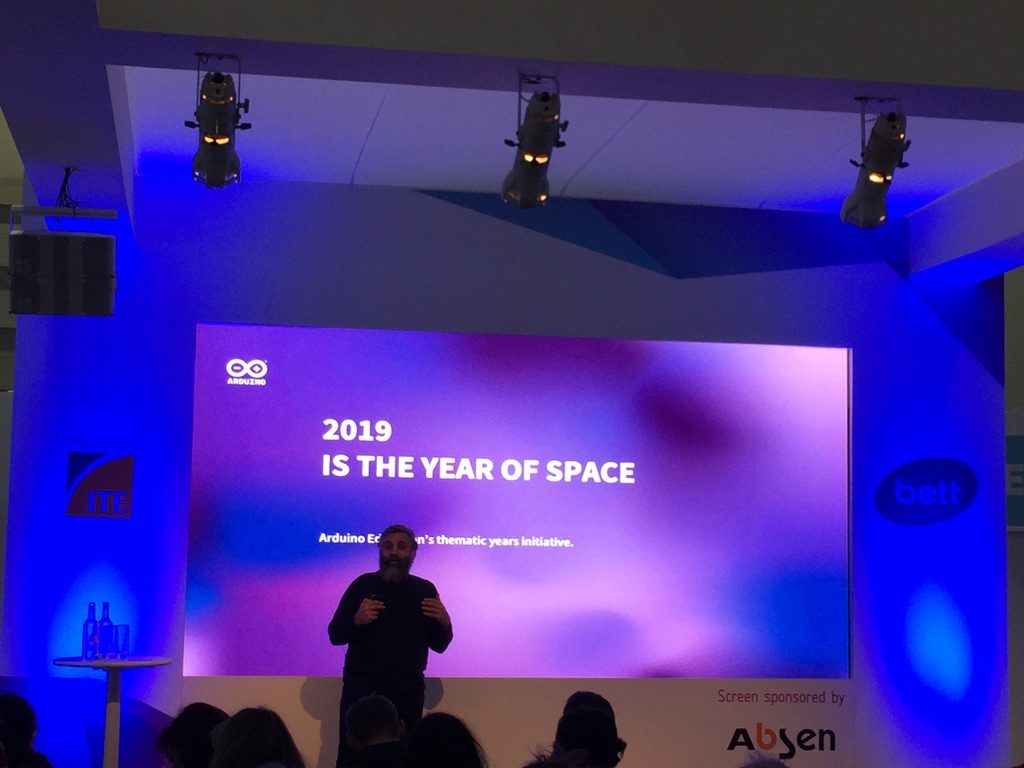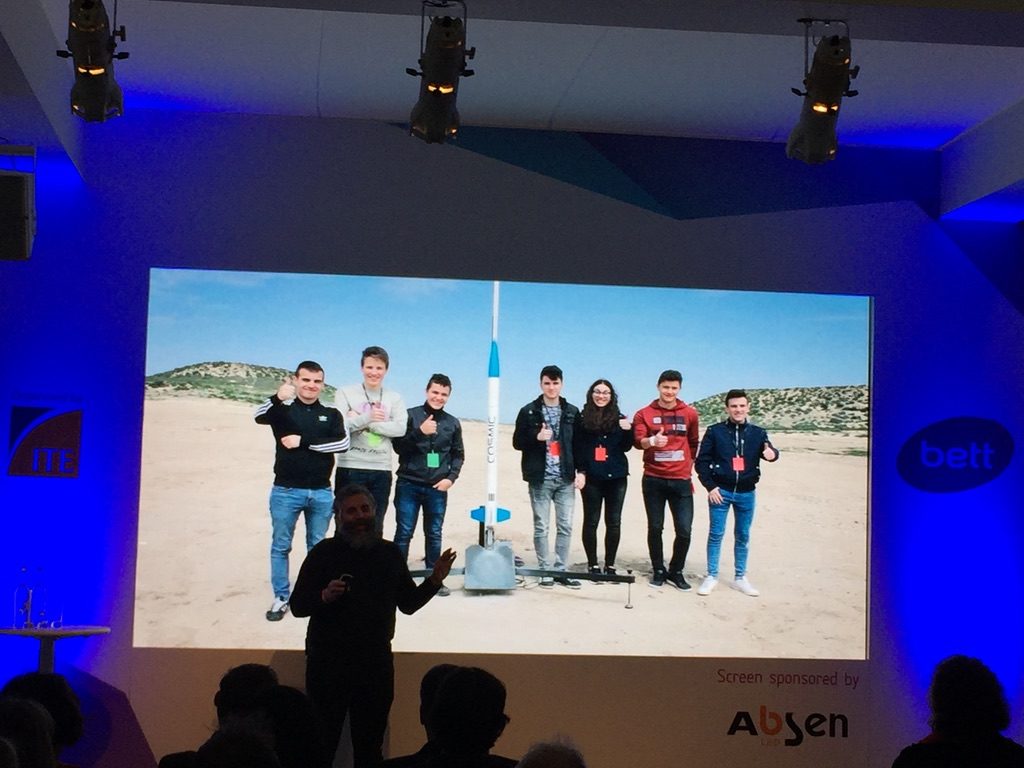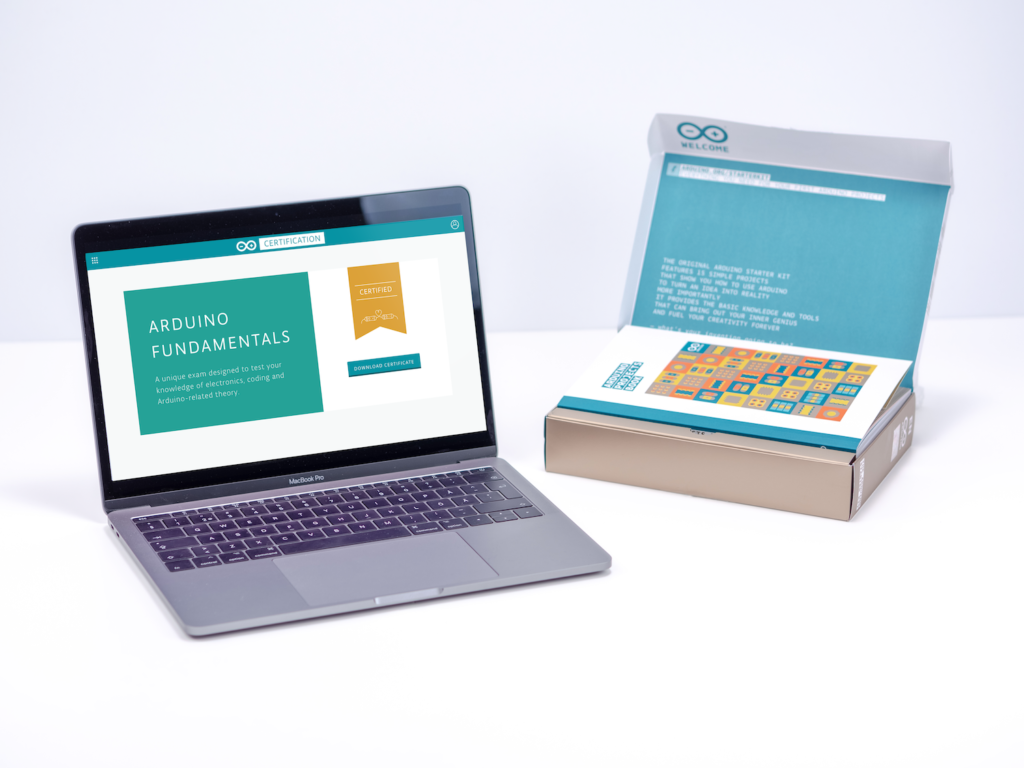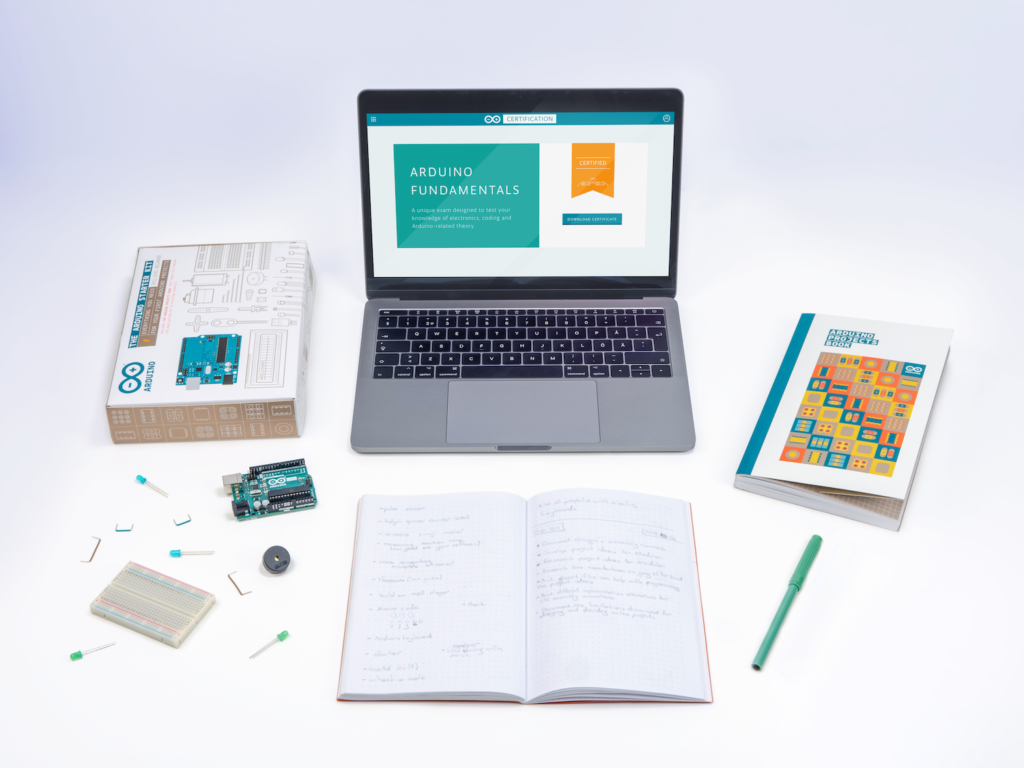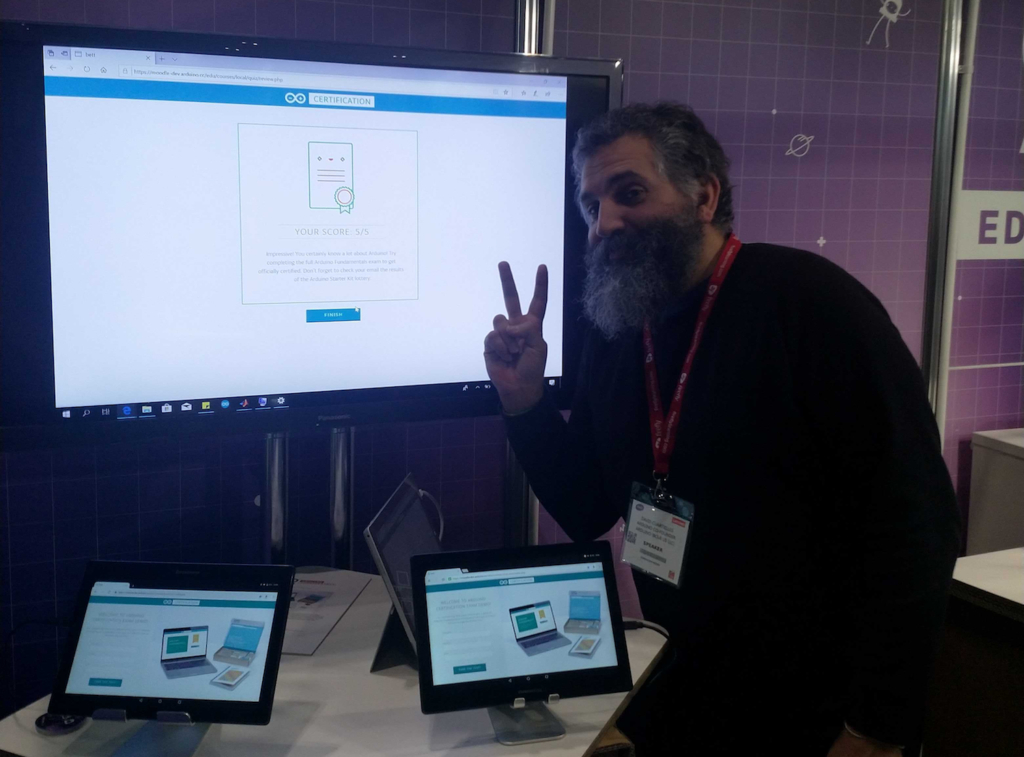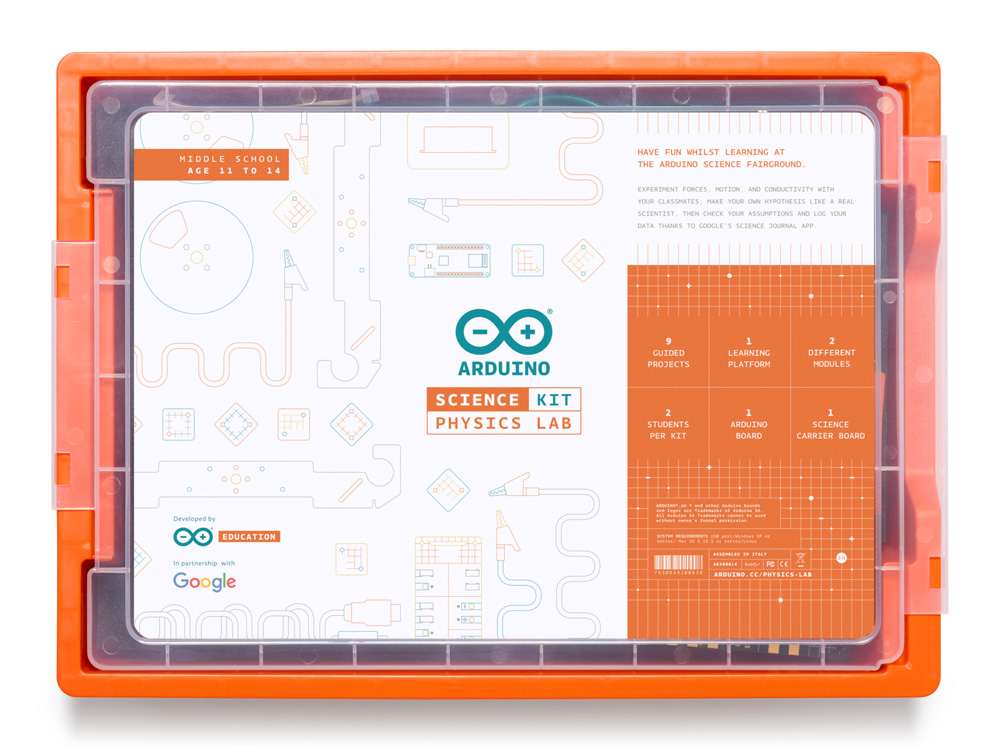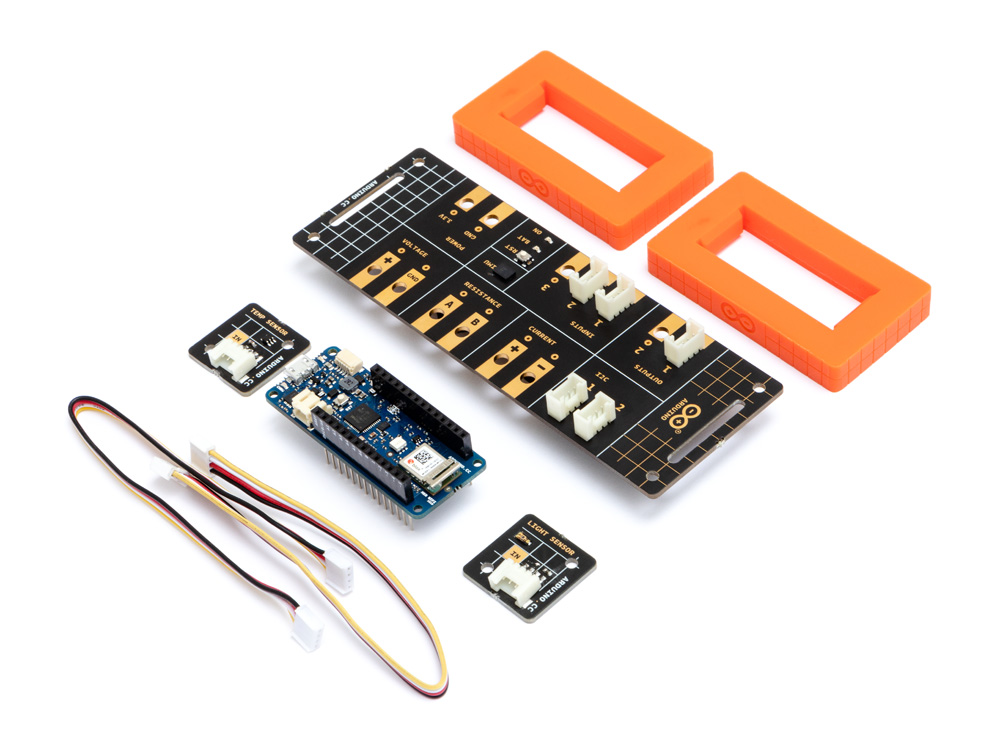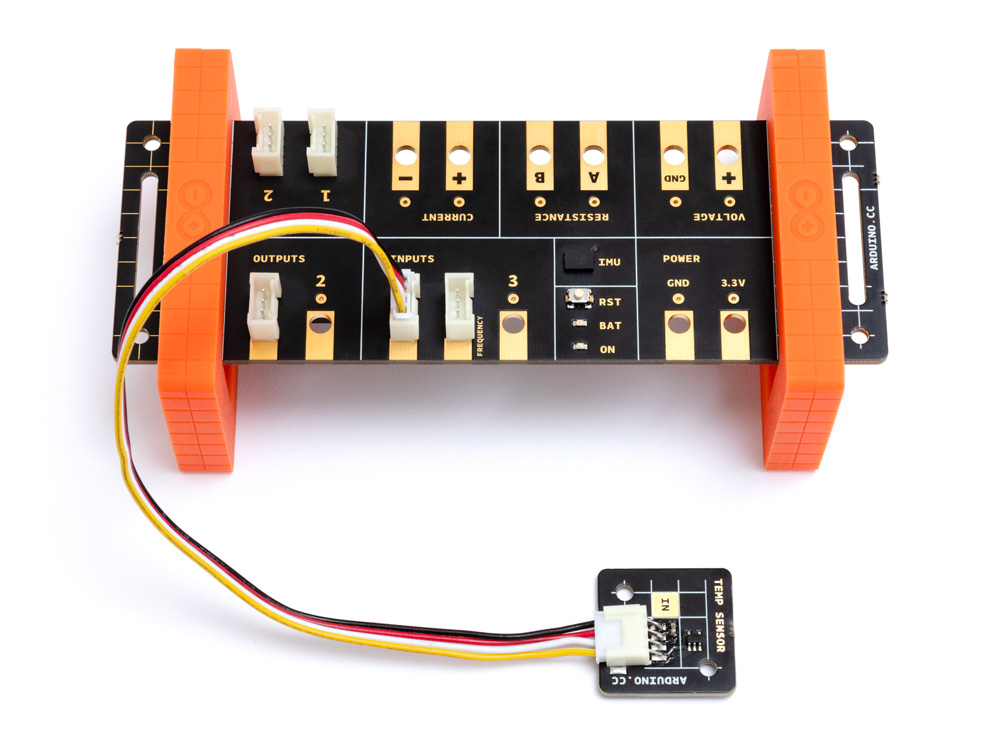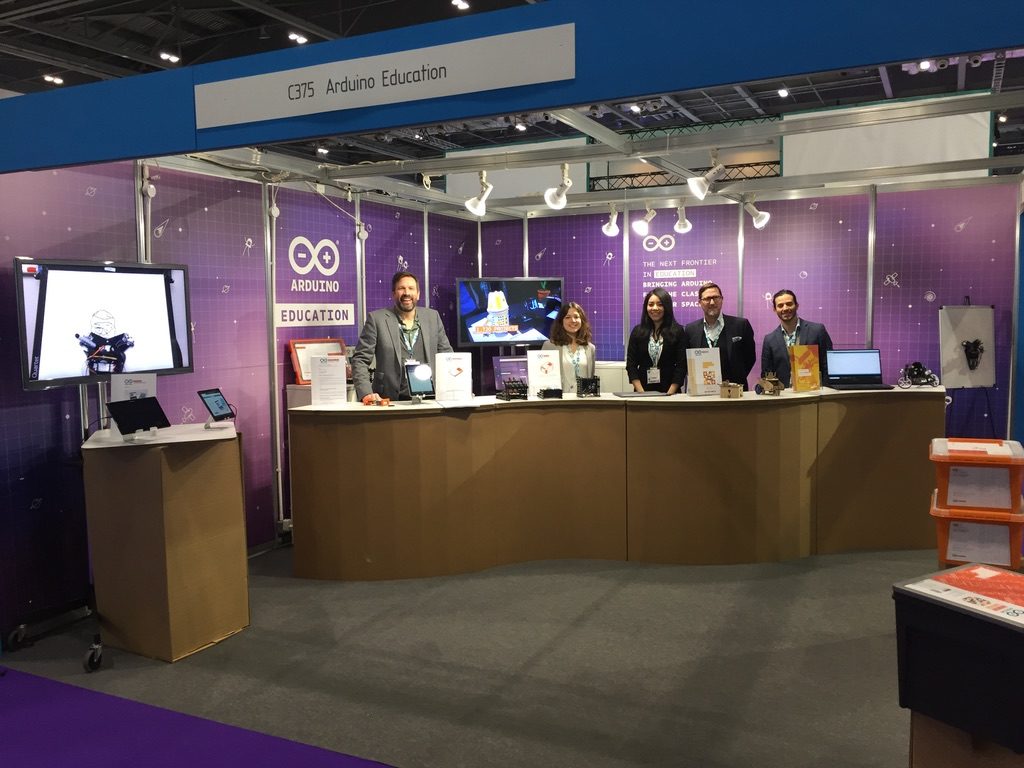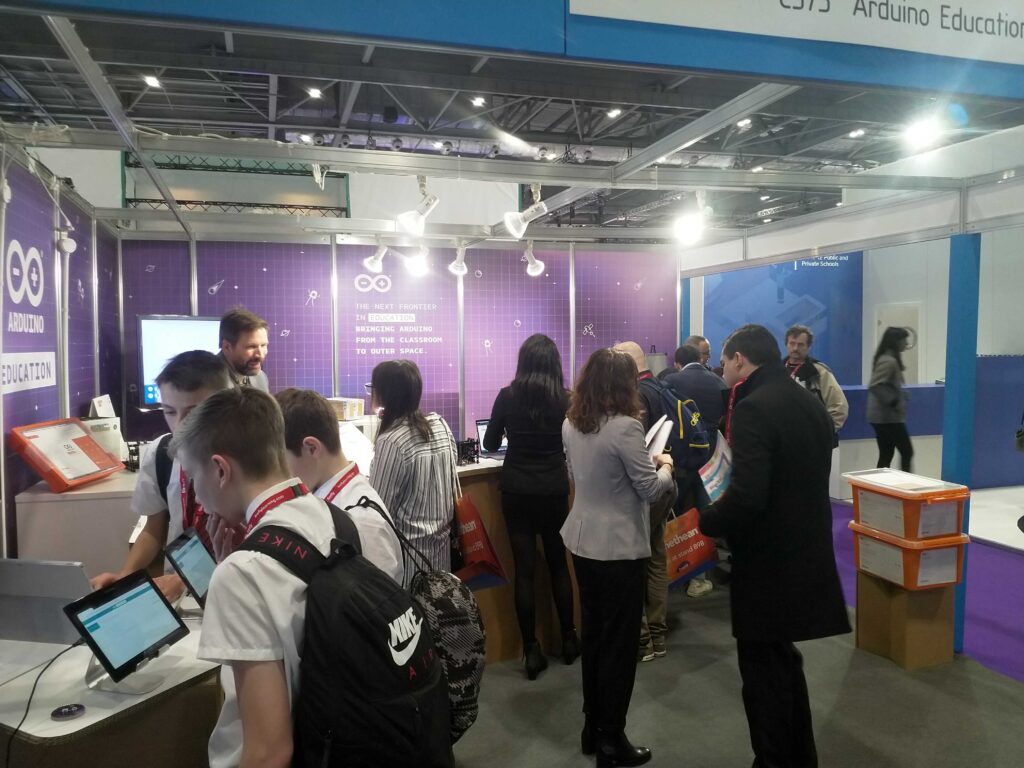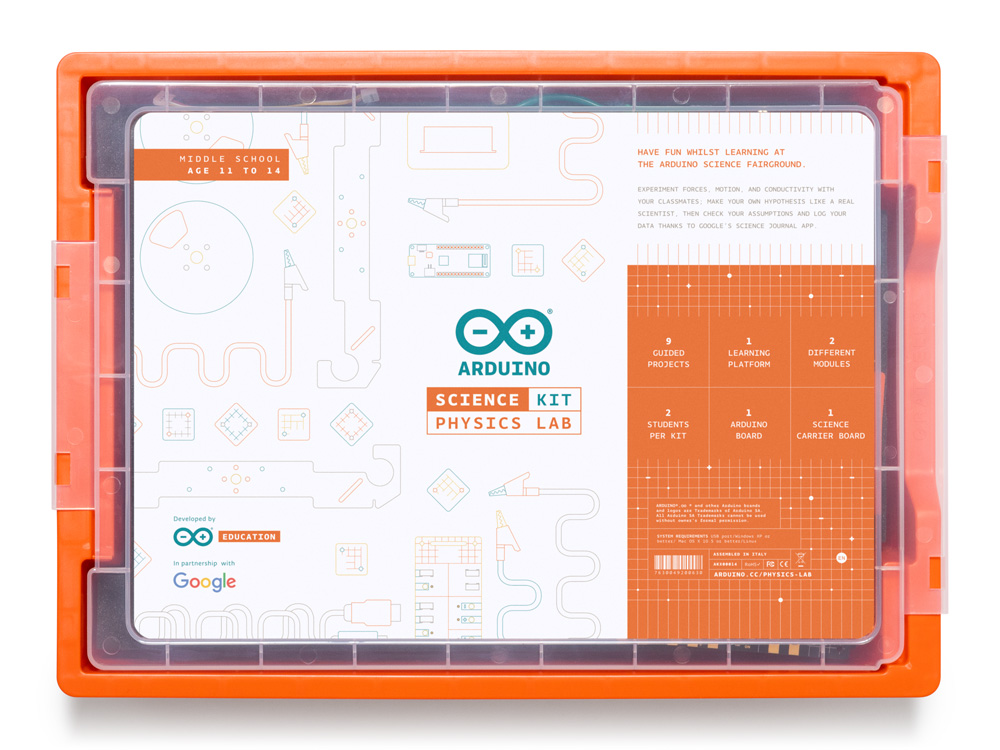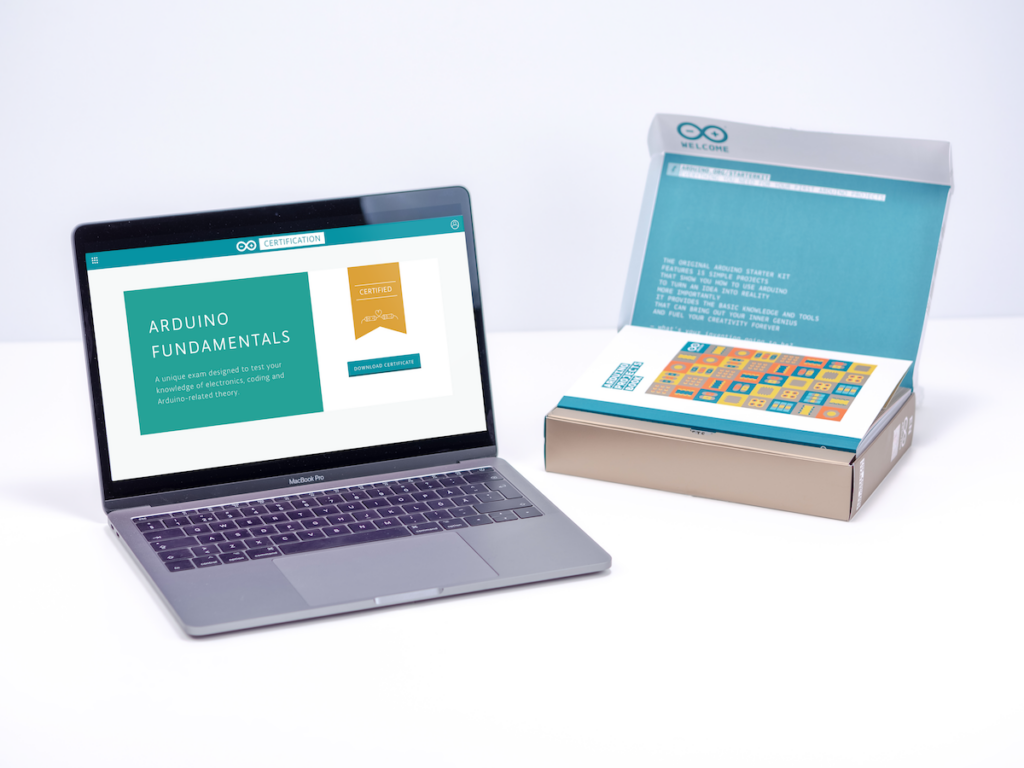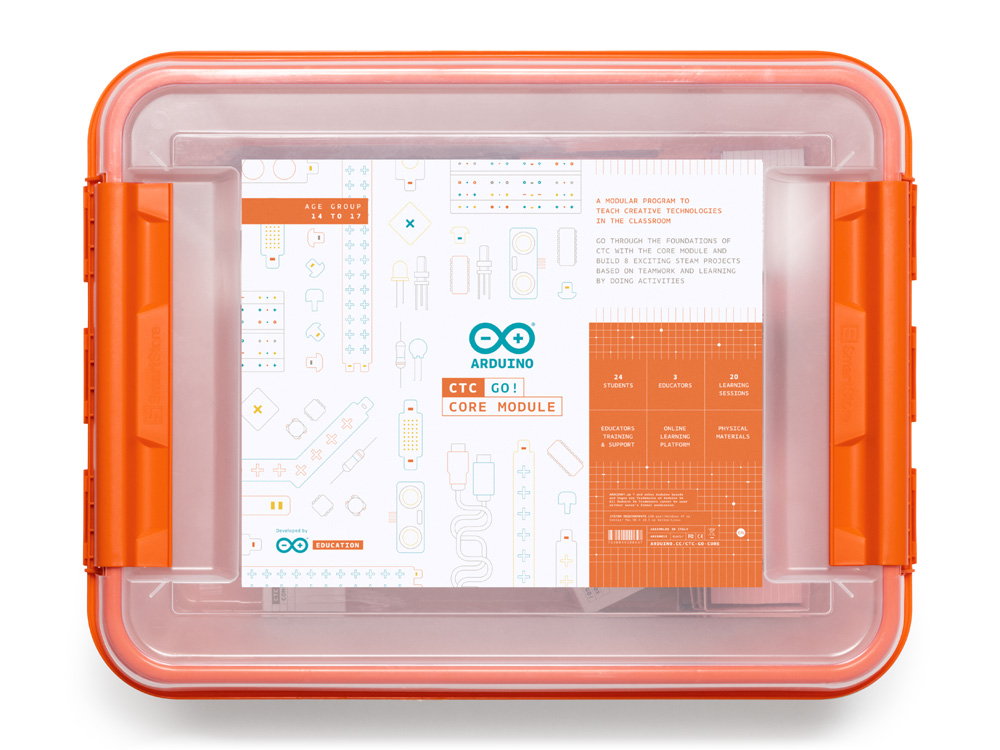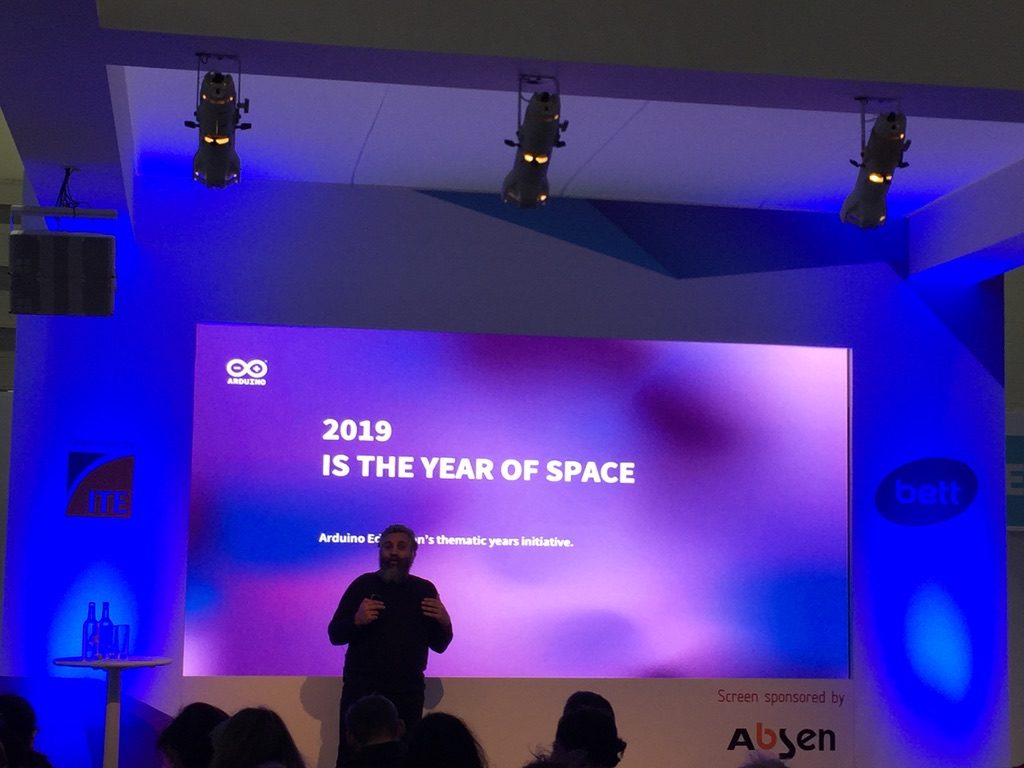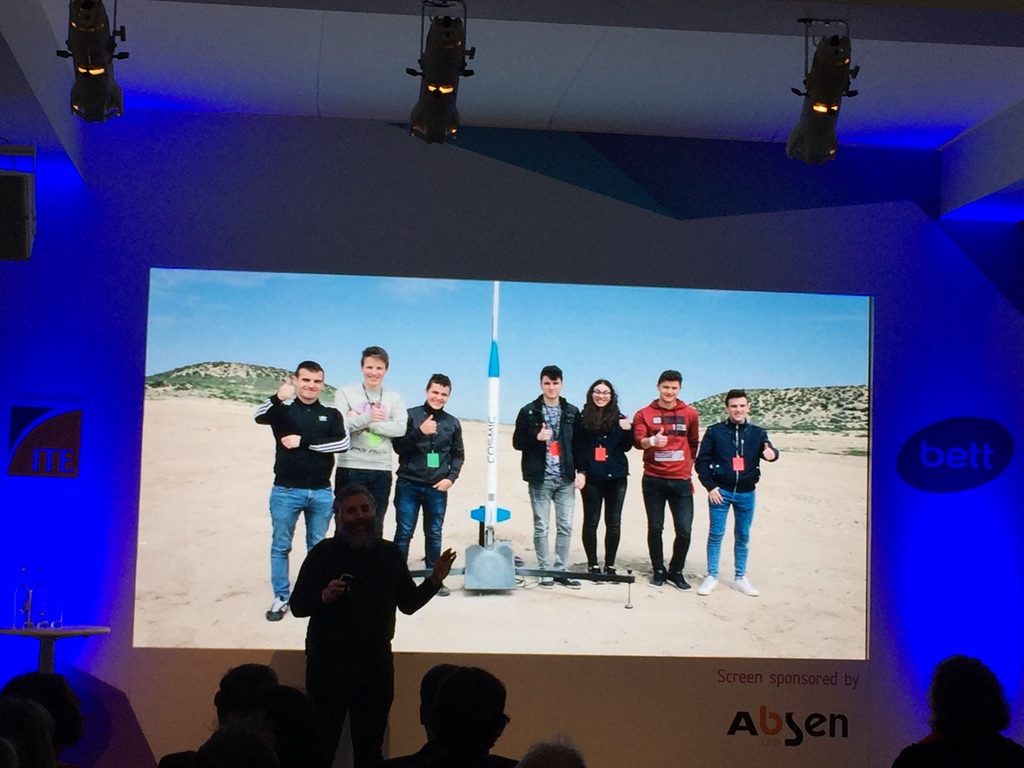15
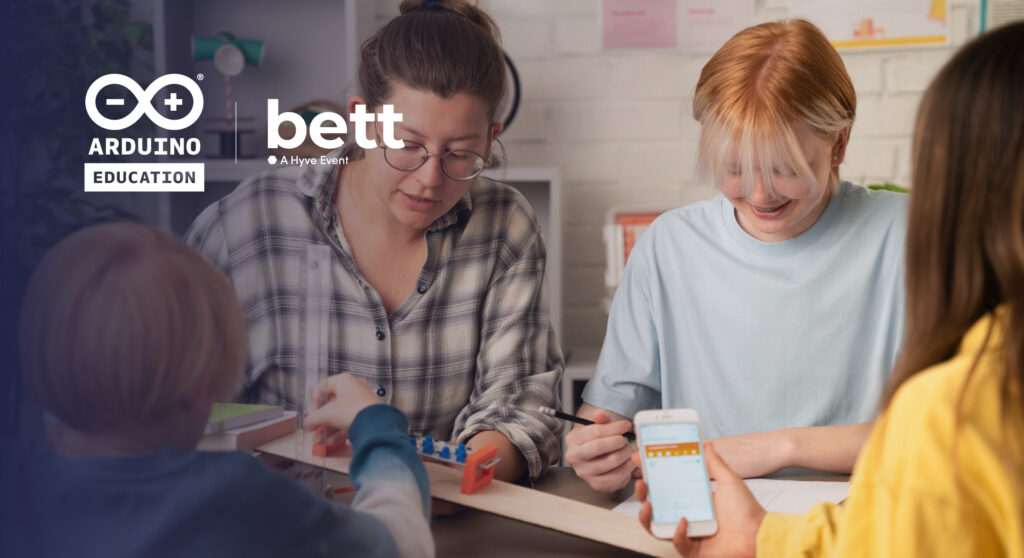
Discover the future of K-12 & HE at Bett 2024 with Arduino Education
Arduino Education will be back at Bett 2024, the global stage for education innovation, from January 24th-26th at ExCel London.
Our booth (which you’ll find in Bett Hall, stand NJ12) will be a hub of creativity and excitement, where you can immerse yourself in the world of STEAM education and discover how Arduino empowers students to become inventors, innovators, and problem-solvers.
Meet our new educational solutions
At Bett, you’ll be the first to meet the new Arduino robot and have an interactive demo of our new Programmable Logic Controller, the Arduino PLC Starter Kit. Get hands-on with both of these new kits to explore their unique features and see how they can enhance your classroom for both K-12 and higher education.
You’ll also have the opportunity to try out the Arduino Cloud for Schools and all its new features, as well as seeing our collaboration with IED Rome and Sapienza Schools, which offers secondary age teaching tools designed to improve physics learning with the Arduino Science Kit R3.
Connect with our thriving teacher community
Create connections with fellow Arduino teachers and exchange ideas, strategies, and resources that will fuel your STEAM teaching journey.
Come and meet our team
Join our team of passionate educators and STEAM enthusiasts who are eager to share their expertise and guide you through our solutions. You’ll get practical tips and strategies for incorporating Arduino into your classroom, ensuring that every student has the opportunity to experience the transformative power of STEAM education.
Will we be award winners?
Arduino Education has been recognized as a finalist in not one, but THREE categories for the Bett Awards 2024!
- COMPANY OF THE YEAR: We’re incredibly proud of the work our team has done to bring us this far.
- COLLABORATION WITH A SCHOOL: Our partnership with Colegio San Jose de Las Vegas in Colombia for the Medellin Challenge.
- BETT INNOVATION AWARD: Our work in IoT education, specifically with the Arduino Cloud for Schools, the Explore IoT Kit, and the Greenhouse Kit, is being acknowledged as a leading force in educational innovation.
Will we win? We’ll find out at Bett!
We look forward to seeing you at stand NJ12 in the Bett Hall.
The post Arduino Education at Bett 2024: Inspiring STEAM innovation appeared first on Arduino Blog.

